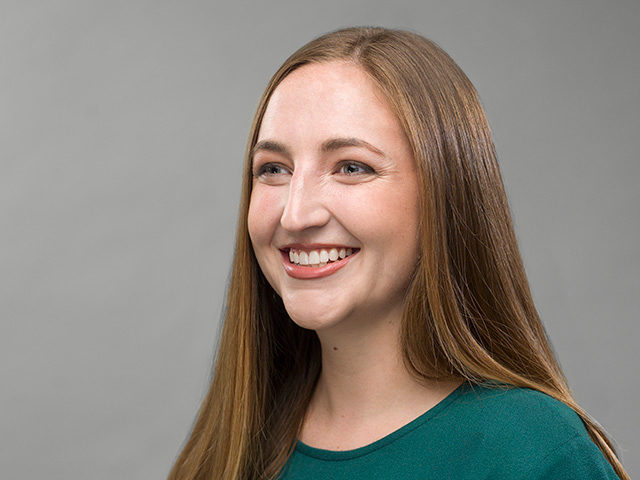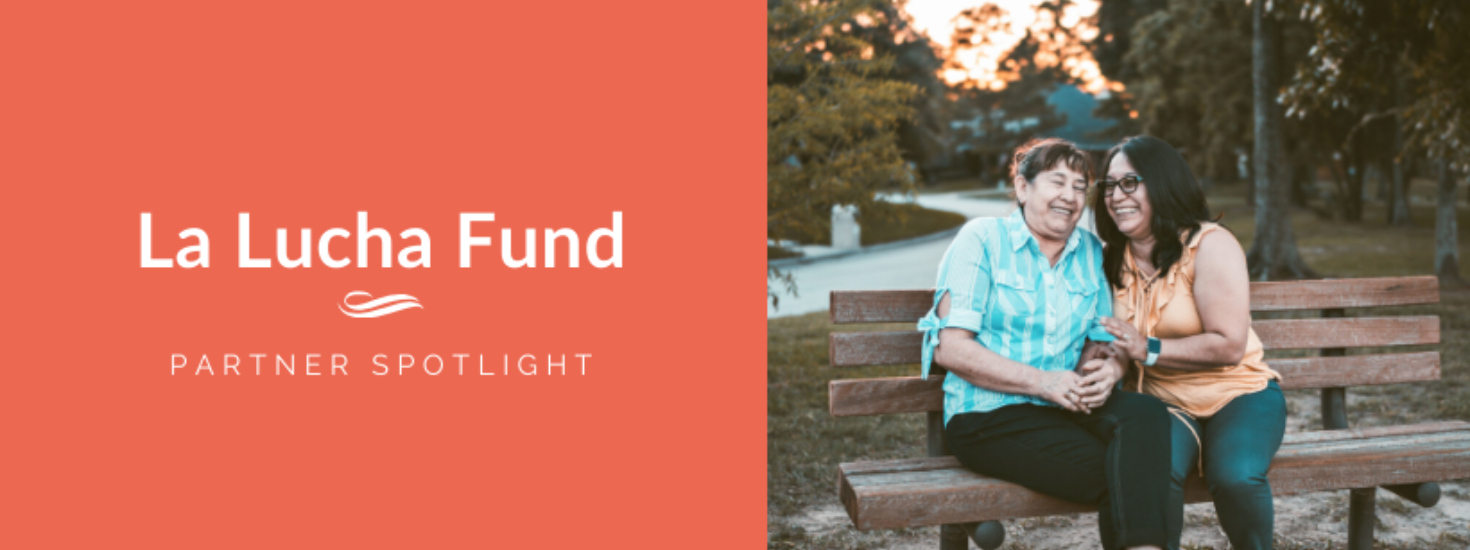Eight community organizations came together to establish La Lucha Fund, an emergency response to the COVID-19 pandemic designed to provide financial resources directly to undocumented and mixed status families in Kent County. Erika VanDyke, program officer for Grand Rapids Community Foundation and board member for Latino Community Coalition, had a conversation with some of the partners about La Lucha Fund.
Grand Rapids Community Foundation is a proud partner with La Lucha Fund. It serves as the fiscal sponsor for the fund, accepting and processing donations on its behalf, and made an initial investment of $100,000 to seed the fund. Additionally, the Board of Trustees approved a $25,000 grant partnership with The Hispanic Center of Western Michigan to support the distribution of funds.
Now, La Lucha Fund is in its next phase of implementation. In the first six weeks since the fund was formed, they approved applications from 800 families, resulting in more than $280,000 distributed to neighbors in Kent County who need it. In order to increase the impact, La Lucha partners are working to raise $750,000, which would provide resources to distribute to 1,500 – 2,500 families.
How did La Lucha Fund form?
Lorena Aguayo-Márquez, volunteer organizer for Movimiento Cosecha GR and Grand Rapids Area Mutual Aid Network
As the pandemic emerged in West Michigan, leaders of the Hispanic Center of Western Michigan, the Latino Community Coalition, the Latina Network of West Michigan, the West Michigan Hispanic Chamber of Commerce, and the West Michigan Latino Network (which together form LatinxGR) began conversations about how to ensure that the needs of members of the undocumented community were not forgotten. At the same time, Movimento Cosecha and the Grand Rapids Area Mutual Aid Network mobilized. They rapidly created processes for the collection and distribution of cash assistance to individuals, relying on the power of neighbors supporting neighbors to meet needs as they arose.
These groups teamed up with Grand Rapids Community Foundation to create La Lucha Fund, expanding on the work Cosecha and GRAMAN were already doing, and making it specific to families living in Kent County who are undocumented or have mixed status. La Lucha Fund provides some cash resources to help families to pay for basic needs such as rent, groceries, cleaning supplies and medicine.
Why is supporting families who are undocumented or mixed status critical during the COVID-19 pandemic recovery?
Lorena Aguayo-Márquez, volunteer organizer for Movimiento Cosecha GR and Grand Rapids Area Mutual Aid Network
During this global health crisis, members of our community who are undocumented are particularly at risk and disproportionately affected by the COVID-19 pandemic. Even under regular circumstances, families who are undocumented struggle to receive access to necessities like health insurance, paid sick leave or unemployment. Fear of deportation and barriers to navigating the system, such as language proficiency and knowledge of official institutions, keep many immigrants from pursuing other services, even when they are qualified to do so.
At this moment, those inequities are exacerbated by a loss of jobs and ineligibility for formal COVID-19 relief like federal assistance, such as unemployment, CARES Act stimulus checks or other government support. All of these factors make it difficult to buy food, medicine, and other household necessities, or pay rent, utilities and other monthly bills. Support from La Lucha Fund will not fix the systemic barriers that our neighbors who are undocumented face, but it will help to ease today’s immediate needs and struggles.
Where did the name La Lucha come from?
Lorena Aguayo-Márquez, volunteer organizer for Movimiento Cosecha GR and Grand Rapids Area Mutual Aid Network
La lucha means the struggle, or fight. “The lucha is all of us working together to support people who systems are leaving behind. This is just the beginning of not only fighting COVID-19, but also for dignity and respect," says Lorena. La Lucha Fund is a reflection of the power and potential that comes from collaboration between all kinds of people and community organizations.
What kind of support has the fund seen so far?
Erika VanDyke, program officer for Grand Rapids Community Foundation and board member for Latino Community Coalition
We have seen so many people excited by La Lucha Fund, and wanting to support however they can, including well over 400 individuals who have made gifts to the fund. Community members are showing up in inspiring and innovative ways. Nearly all of people involved with the operations of La Lucha Fund are doing so as volunteers, on top of their regular day jobs.
For example, Emily Bridson, a Kentwood city commissioner, is turning 48 this year, and she created a birthday fundraiser where she pledged to run 150 miles in 48 days. Each week she raises money for a variety of organizations, including La Lucha Fund. Another community member did a Facebook Live video of his wife cutting his hair, accepting donations during the process. Local artists have committed the proceeds from special works to be donated to the fund.
Businesses have shown their support, too. Mercantile Bank of Michigan worked with us to reduce the cost of Visa gift cards, which is a method applicants can choose to receive support. Funders at the 805 Undocufund, which La Lucha Fund is based on, shared their time and experience to help us get the fund up and running. Josh Leffingwell at Well Design donated staff time to create a logo and marketing materials for us.
What other ways have you seen our community come together to address the pressing needs in response to the COVID-19 pandemic?
Erika VanDyke, program officer for Grand Rapids Community Foundation and board member for Latino Community Coalition
So many community organizations and individuals have stepped up to be sure the needs of all our neighbors are met during this pandemic. The Grand Rapids Area Mutual Aid Network and Movimiento Cosecha GR have volunteers grocery shopping and distributing weekly food baskets to families, with the help of El Pollo Loco's kitchen. The Hispanic Center of West Michigan has been doing daily food distribution in collaboration with a variety of partners. The West Michigan Hispanic Chamber of Commerce has been helping distribute PPE and coordinate mental health resources for business owners. LatinxGR has been advocating for access to information, testing, and treatment for the Latinx community, who make up 40% of the positive cases in Kent County, but only 10% of the county population. The West Michigan Asian American Association, Urban Core Collective, NAACP, Urban League, and others have similarly been advocating for resources for the most impacted communities.
As our community feels the impacts of COVID-19, in your opinion, what will ensure that we continue to build toward an inclusive economy and thriving community?
Bo Torres, Executive Director of the Hispanic Center of West Michigan
As we look to communities where people who are under-documented can achieve personal growth and thrive, we know that safety, mobility and a sense of belonging are essential. Opening up pathways for growth in the under-documented population, we need to address systemic barriers like the inability to possess drivers’ licenses and state IDs. We know that a diverse community thrives, building new businesses and cultural richness. As we break down barriers, we must also build bridges for those that have and will continue to create a thriving community.

